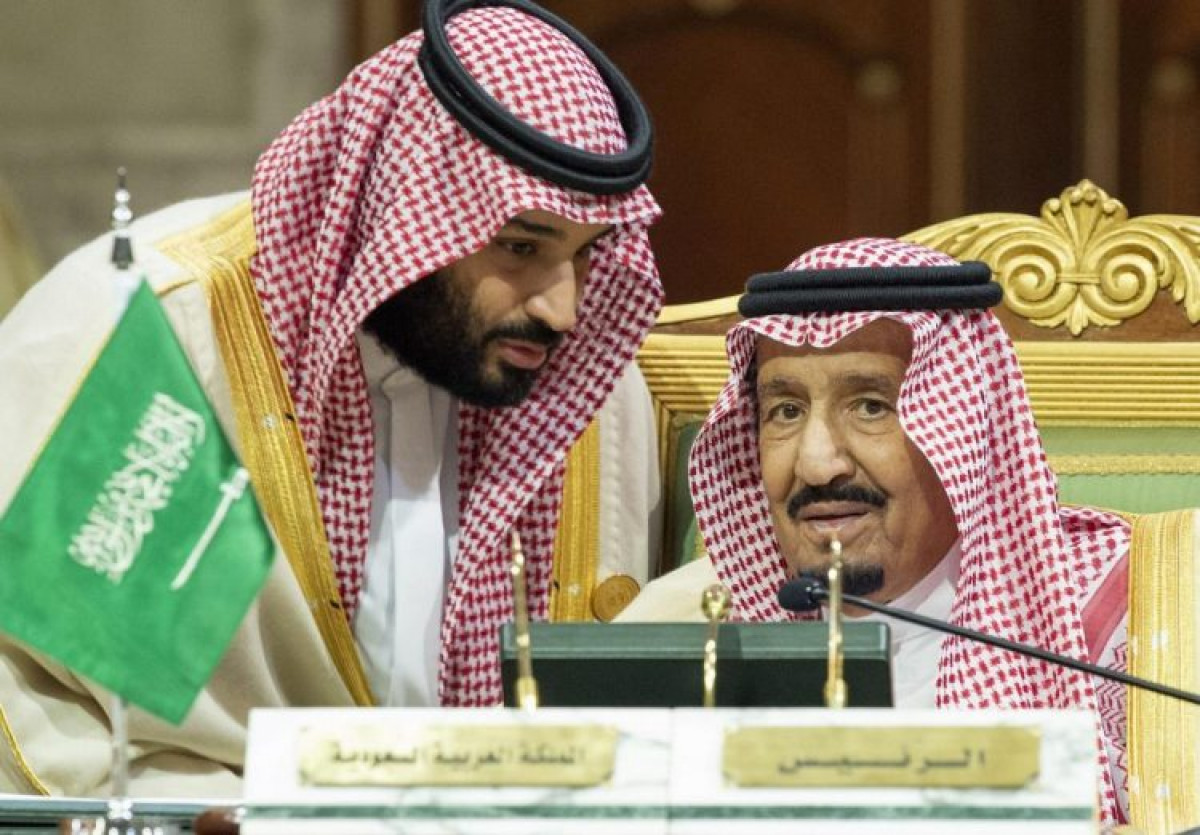 87
87
From its inception, the Kingdom of Saudi Arabia (KSA) has been regarded as the primary source of instability in the region. Following the fall of the Pahlavi regime, which was dubbed the “Gendarme of the Middle East”, and the victory of the 1979 Islamic Revolution in Iran, Saudi Arabia assumed the role of safeguarding US interests by spending massive amounts of petrodollars. The KSA, with its Wahhabi ideology, played a key role in regional conflicts by massacring innocent civilians who followed the true Islamic doctrine embodied by the Islamic Republic of Iran. With Saudi Crown Prince Mouhammad Bin Salman’s accession to power, the Kingdom of Saudi Arabia’s role in sowing turmoil in the Middle East has grown even more obvious. In every Middle Eastern country where Bin Salman has intervened, he has brought on havoc. From the outset, Riyadh’s duplicitous and megalomaniac Crown Prince has sought to exacerbate the region’s numerous security issues. The invasion of Yemen by a Saudi-led coalition is one of the Saudi regime’s darkest and most terrible crimes to date. Yemen is not the only country where Saudi Arabia has committed crimes against humanity. Riyadh’s aggressive activities in Lebanon have aggravated the country’s economic woes. Saudi sanctions against Lebanon grew increasingly severe during the previous decade, to the point that Riyadh’s ties with former Prime Minister Saad Hariri were at an all-time low. Saad Hariri was detained in Riyadh in 2017 and forced to compose a statement against Hezbollah under Saudi pressure before resigning. In short, Saudi Arabia is concerned by the presence of resistance organisations and liberation movements in Lebanon, including Hezbollah. Riyadh’s ultimate goal in the region is to maintain the Zionist regime’s security and fulfil US agendas, even if it means destroying Arab-Islamic nations. Hezbollah’s decision to import petroleum from Iran demonstrates the abject failure of US-Zionist-Saudi malicious efforts. In the meantime, Minister Qardahi resigned without apologies, but the Saudi regime’s agenda in Lebanon is more than a minister’s resignation. The importance of the so-called political and economic changes in Lebanon, particularly the government’s monopoly on weapons, was stressed by the Saudis. Saudi Arabia and Bahrain have continued to label the Lebanese Hezbollah movement as “terrorist” and a source of regional insecurity and instability, despite the fact that they both backed and financed ISIS! The question now is whether Saudi Arabia, which has been interfering in Yemeni affairs with the establishment of an Arab alliance since 2015 and causing instability and insecurity in the Middle East, or Hezbollah in Lebanon, is the source of regional instability.
Comment
Post a comment for this article